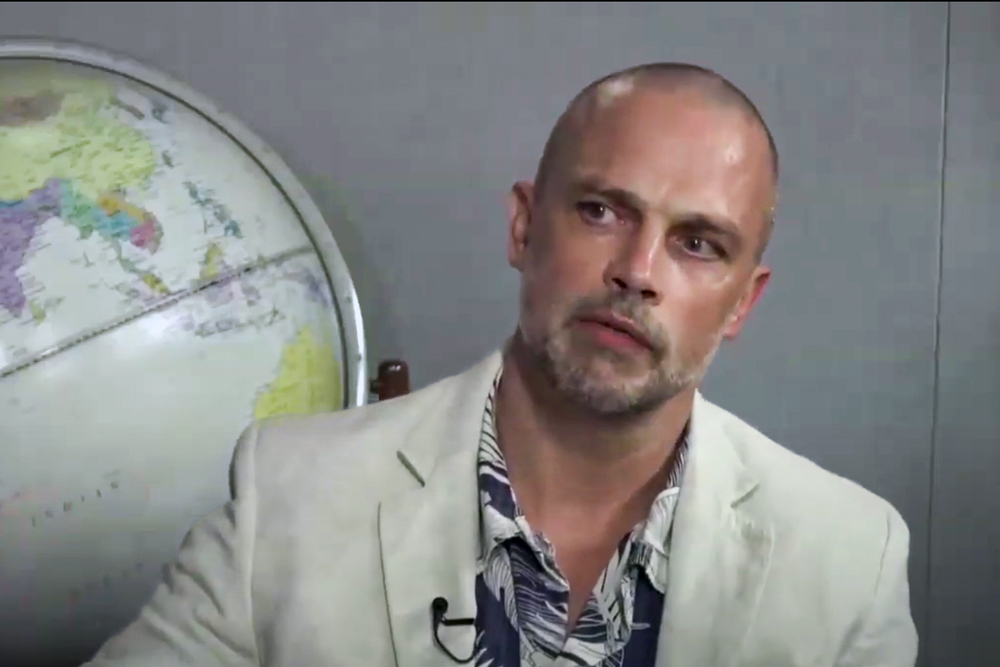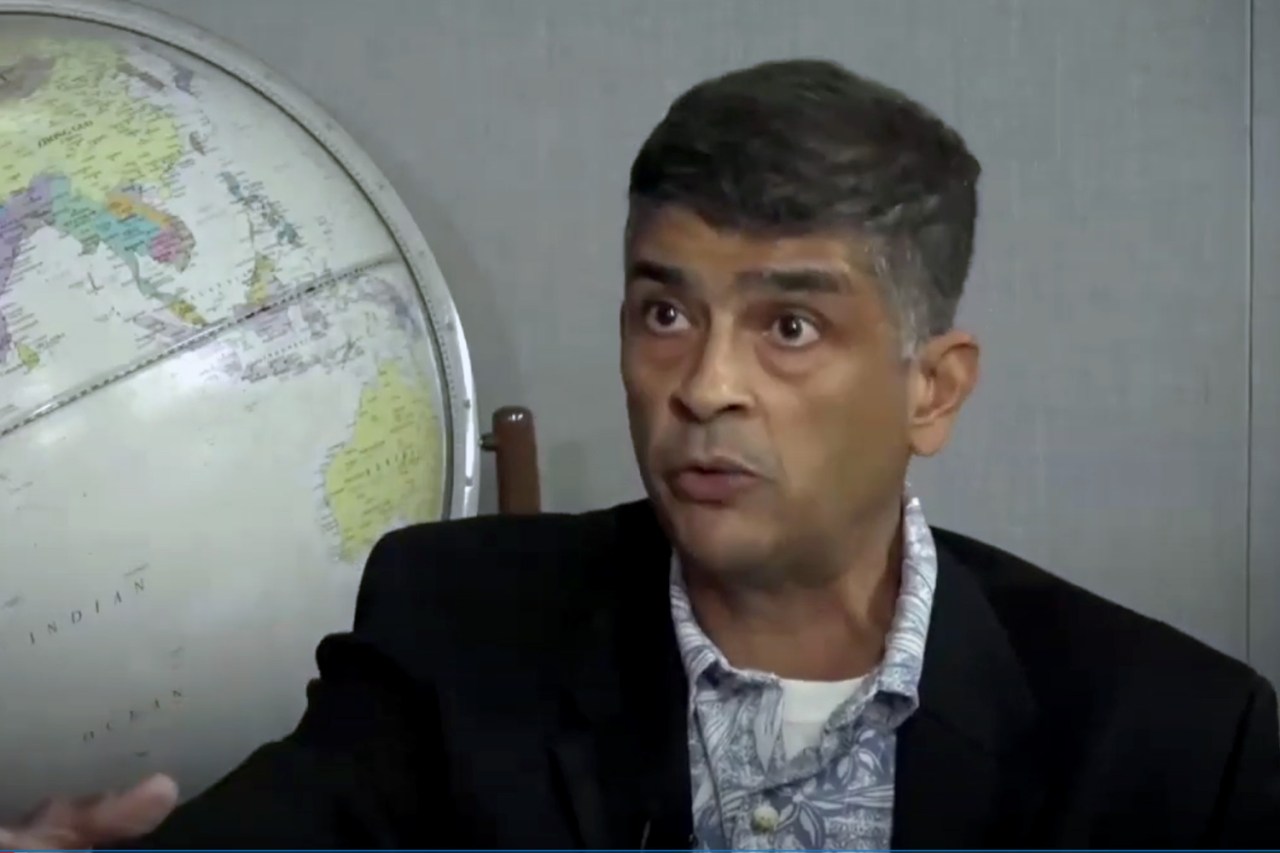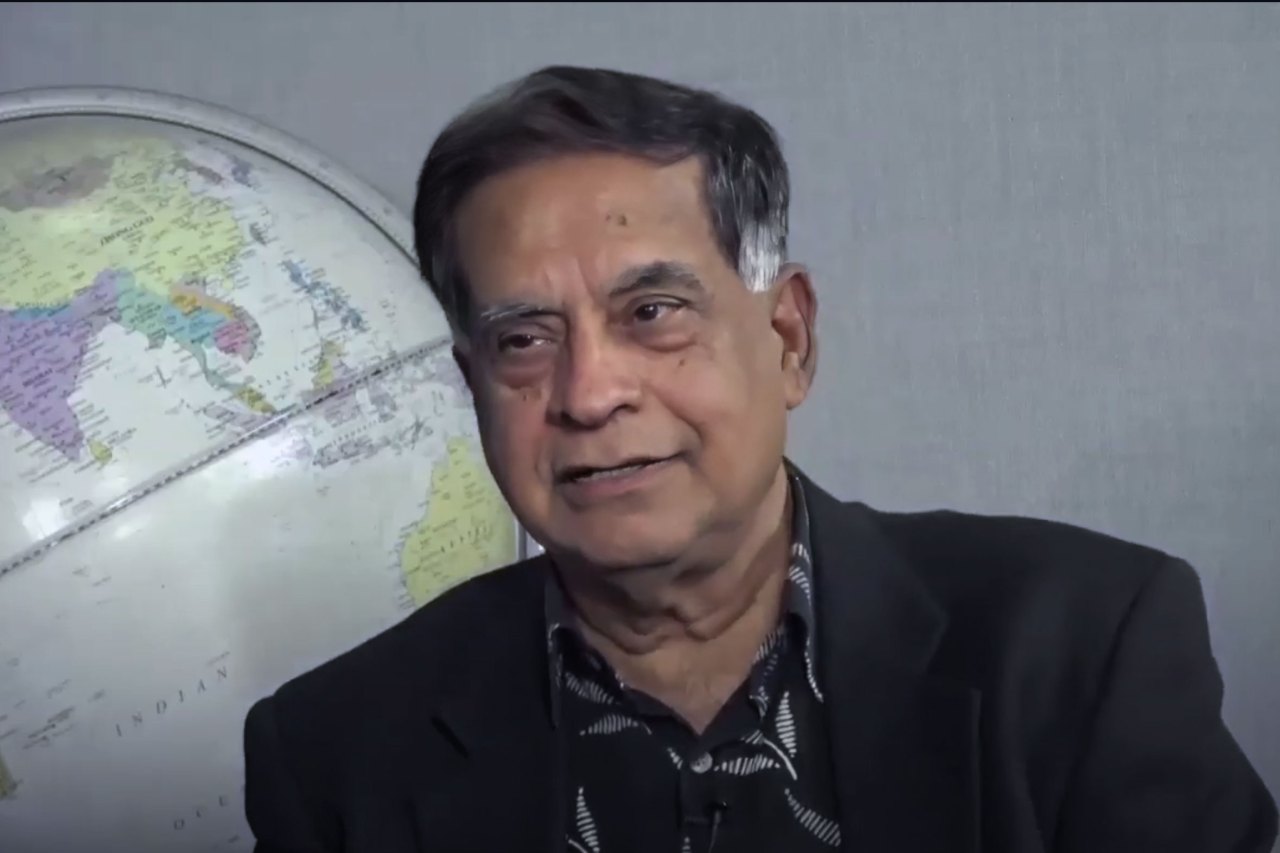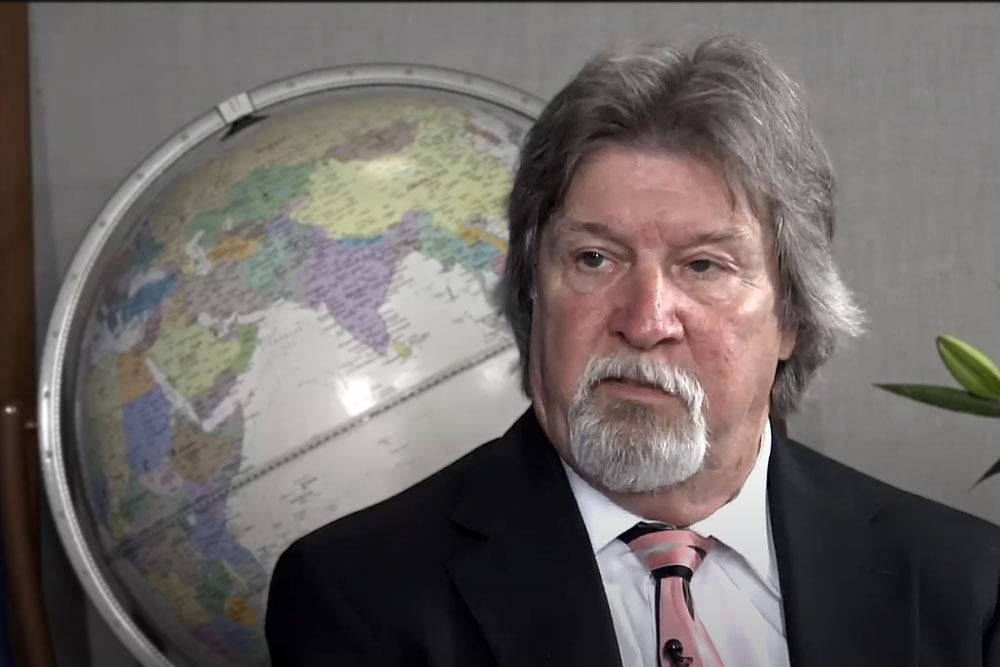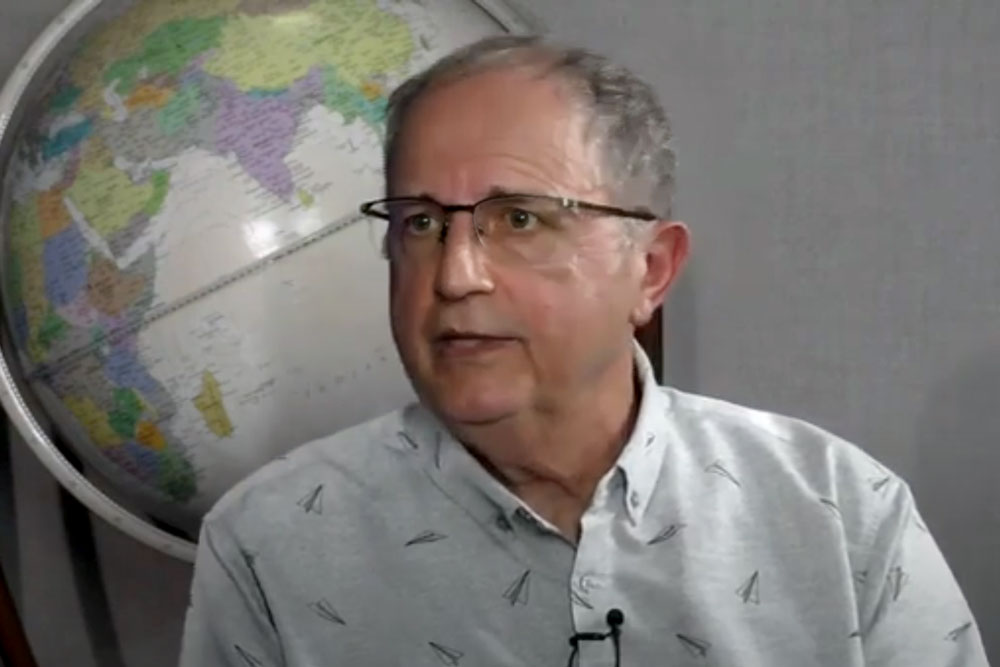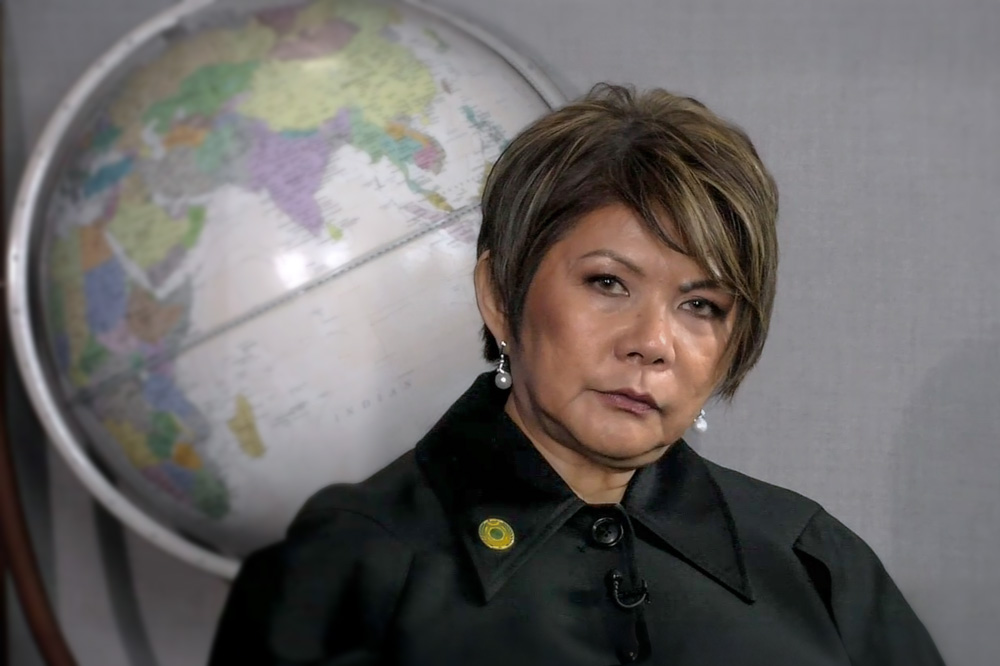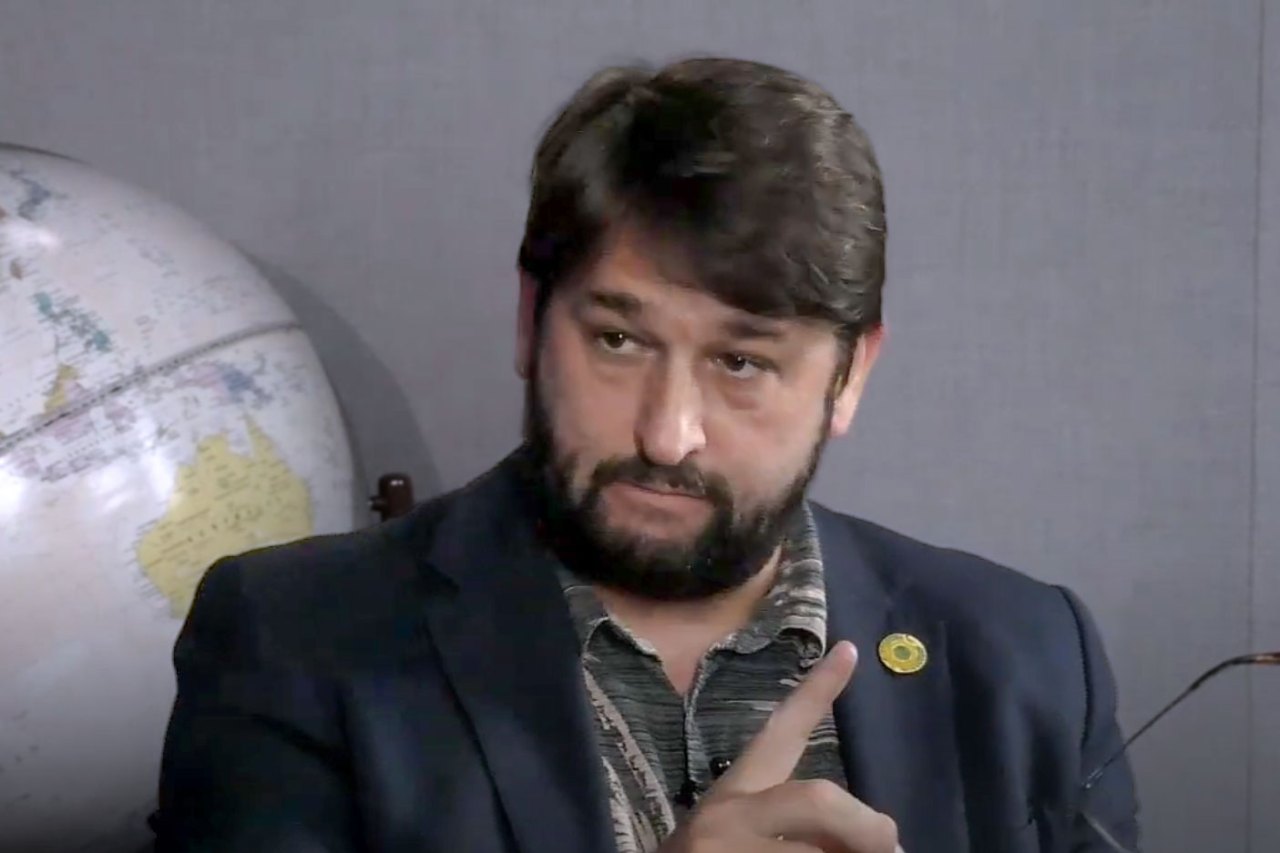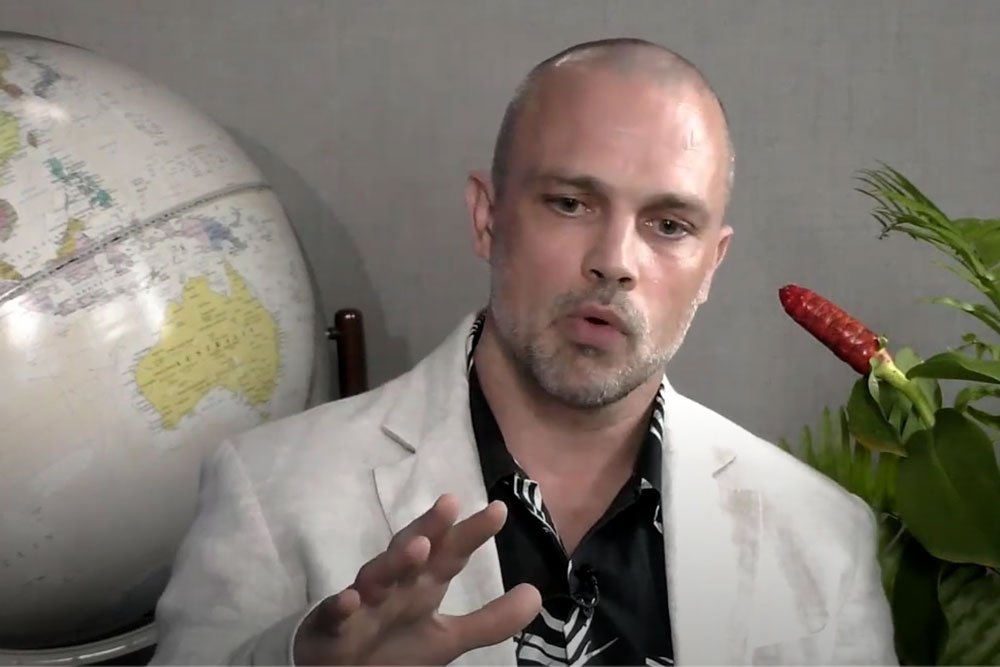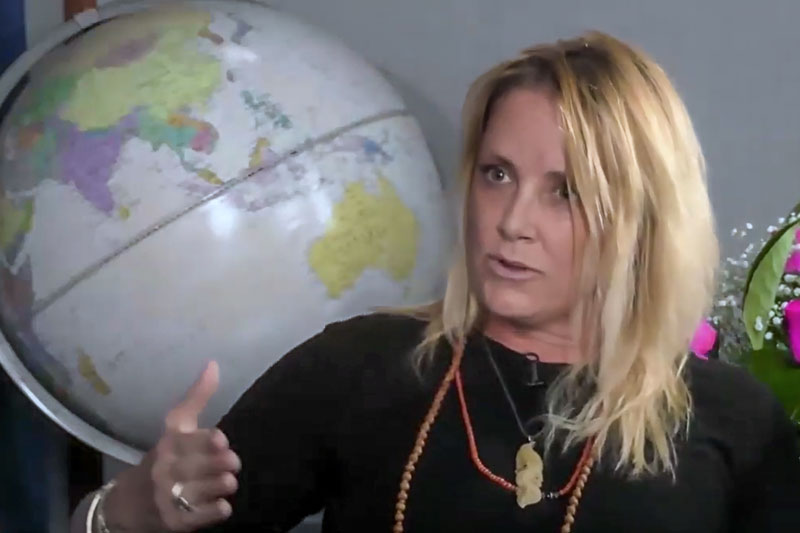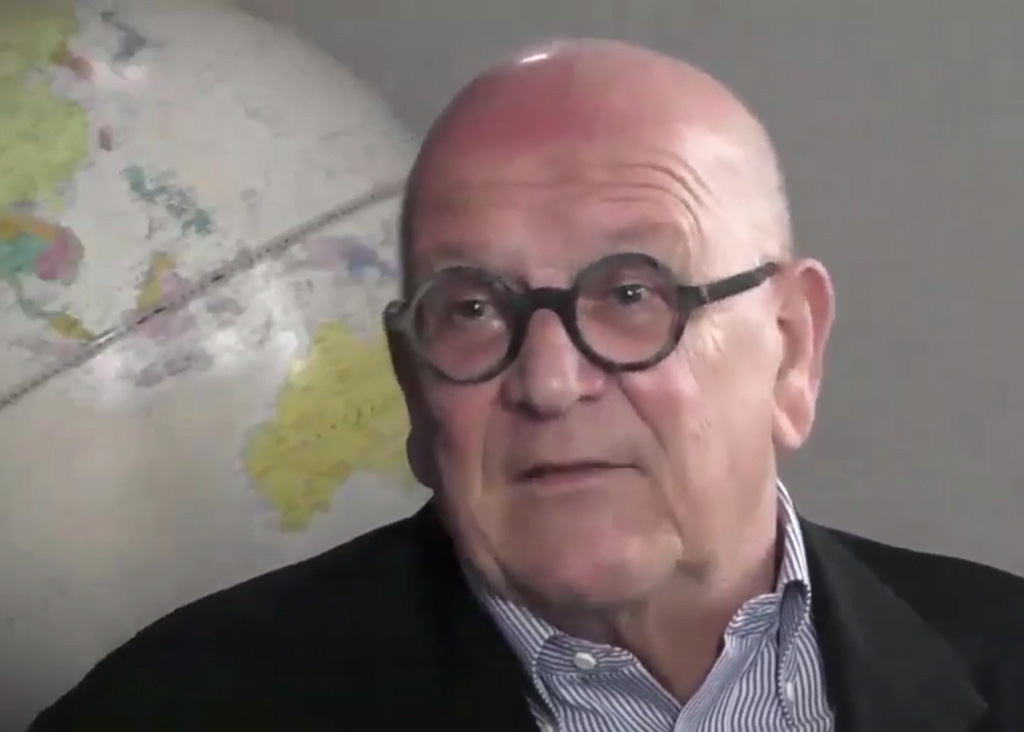Security Nexus Webinar | Episode 22: Jihadist Terrorism in the Indo-Pacific: Resurgence and Resilience in the Post-Caliphate Era
The Security Nexus Webinar recently featured an in-depth discussion on the evolving landscape of jihadist terrorism in the Indo-Pacific. This long-form interview, hosted by Dr. James Minnich, a retired U.S. Army Colonel, DKI APCSS professor, and editor of the forthcoming book “The Indo-Pacific Mosaic: Comprehensive Security Cooperation in the Indo-Pacific,” provided a platform for a comprehensive dialogue between Dr. Minnich and his guest, Dr. Sam Mullins. Dr. Mullins, an expert in terrorism and a contributing author to the forthcoming volume, presented his research highlighting the resurgence and resilience of jihadist networks in the post-Caliphate era.


